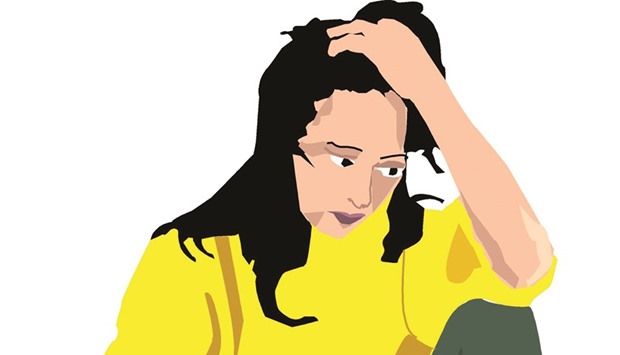Everyone over the age of 18 should be screened for depression, says the US Preventive Services Task Force – and the government-appointed body really means everyone. Doctors should ask people if they are sad, tired or distracted – even if they have come in with an ingrown toenail.
The rationale for this is that only half of those in the US who are depressed get treatment, yet the World Health Organisation (WHO) projects that by 2020, depression will be the second leading cause of disability worldwide.
Generally, for a condition to be screenable, it should be important, common, treatable and the benefits of screening should outweigh the harms. It shouldn’t have high rates of false positives (diagnosing someone without the condition) or false negatives (missing someone who does have it).
The task force says screening for depression fulfils these criteria and that cognitive behavioural therapy and selective serotonin reuptake inhibitors (SSRIs, a type of antidepressant) both reduce symptoms.
So if screening is so good, why do the UK and Canada say that only people at high risk (for example, those with chronic medical conditions or a history of depression) should be specifically asked about depression?
Since screening can be as simple as asking two questions: “During the past month have you often been bothered by feeling down, depressed or hopeless?” and “Do you have little interest or pleasure in doing things?” aren’t the Americans right?
We shouldn’t all be screened because the evidence for doing so isn’t good enough. The risks may also be higher than the “none” claimed by the US task force. Screening may identify people as depressed when they aren’t, and may lead to unnecessary treatment of mild symptoms that could have resolved themselves.
SSRIs are linked (as the task force acknowledges) with increases in birth abnormalities and, more significantly, they are also associated with an increase in suicidal behaviour, especially in under-18s, as shown in research in the BMJ last week.
A review of screening for depression in the Canadian Medical Journal in 2012 said that there are no good trials that show the benefits of screening when people are given the same treatment, regardless of how they were diagnosed.
In the US, where there is more collaborative and intensive care for depression, the results for treating after screening may be better. But there is also no evidence on how often you would need to be screened – and depression can often return.
The task force now also recommends screening in pregnancy – using a different test – as well as afterwards, because post-partum depression can actually start before the baby is born.
Since post-partum is a known risk period, this does seem sensible. And if you ever screen yourself, bear in mind that it is just a screening test and not a proper diagnosis – for that you should see your personal physician. - Guardian News and Media

live
